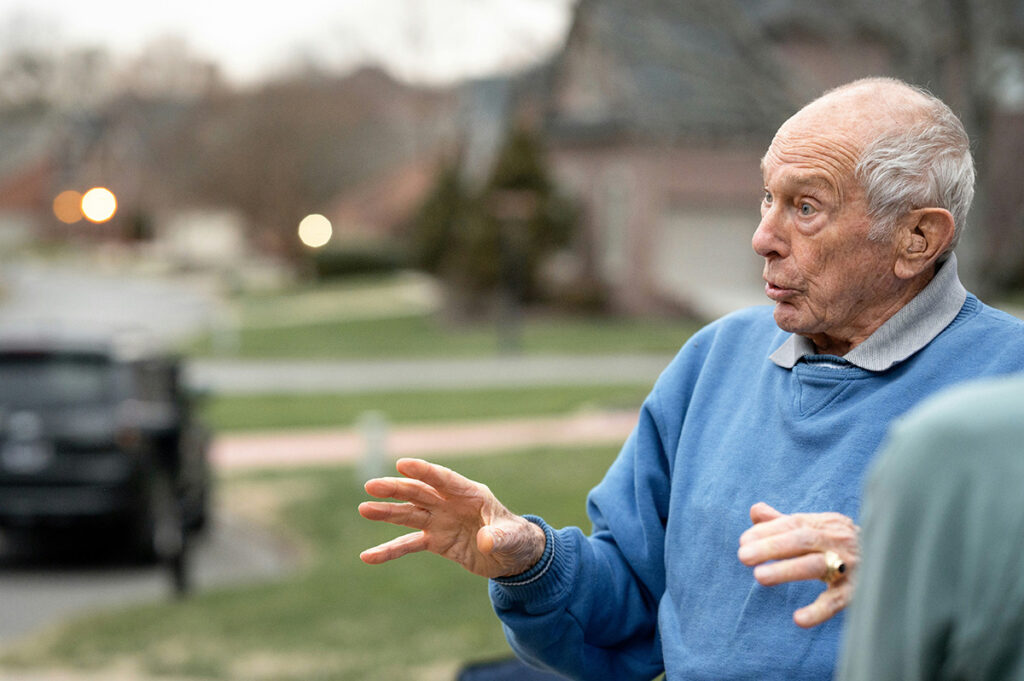Individual Counseling Insights From Westlake Village-Based Patricia McTague-Loft
Do you want to get a lively conversation going at a cocktail party? Ask some older people, preferably a Baby Boomer, what they think about the attention span of younger adults. For some real fireworks, make sure there are some Millennials or people from Gen Z in on the discussion.

You may hear people throwing around statistics that have been constantly in the news, along with theories about “why.” A nice and inflammatory bit of data is research that shows Gen Z’ers have an eight-second attention span — the same as a goldfish. Ha! You’re hardly any better, a well-informed Millennial might respond — Baby Boomers have a 20-second attention span!
While the response to these fun facts may range from mild amusement to outright disbelief, most people would probably admit there are a lot of macro social trends going on that encourage short bursts of attention. Twitter began with a limit of 140 characters per message. Tik Tok recommends posting videos of 10-20 seconds. Scenes in full-length motion pictures are full of quick cuts. And heaven help the author who submits a 1,200-page manuscript. Examples could go on and on.
This trend seems to have had a subtle effect on what people implicitly believe about conversations. Recent research indicates people think short conversations are better because people believe their companion will become bored if the conversation is extended.
Fortunately, research is also indicating this belief is simply wrong. Writing for Forbes.com, Mark Travers, Ph.D., cites a study developed at Northwestern University’s Kellogg School of Management. Describing how the study was conducted, Travers says, “researchers recruited pairs of strangers to have conversations with each other in an experimental setting. The researchers paused the conversations every few minutes and asked participants how they felt the conversations were going. After the first few minutes of conversation, people tended to indicate that they were enjoying themselves but also said that they thought they would run out of things to talk about as the conversation continued and that the conversation would become less enjoyable. The researchers then prompted participants to continue their conversations, and again paused the conversations every few minutes to see how the conversations were going.”
The result? “The researchers found no evidence of a drop-off in interest or enjoyability as the conversation continued.” What’s more, the results indicate this is true for practically everyone. “The authors found no evidence that their results were contingent on whether someone spoke with a person of the same or opposite gender or of the same or a different ethnicity,” Travers says.
In an era where people are being encouraged to engage in short bouts of novel entertainment, it is good news indeed that conversation remains one of the deepest forms of human interaction available to literally everyone. Conversation forms the bedrock foundation of deep and genuine friendships and promotes intimacy in romantic relationships, and for that we can be thankful.